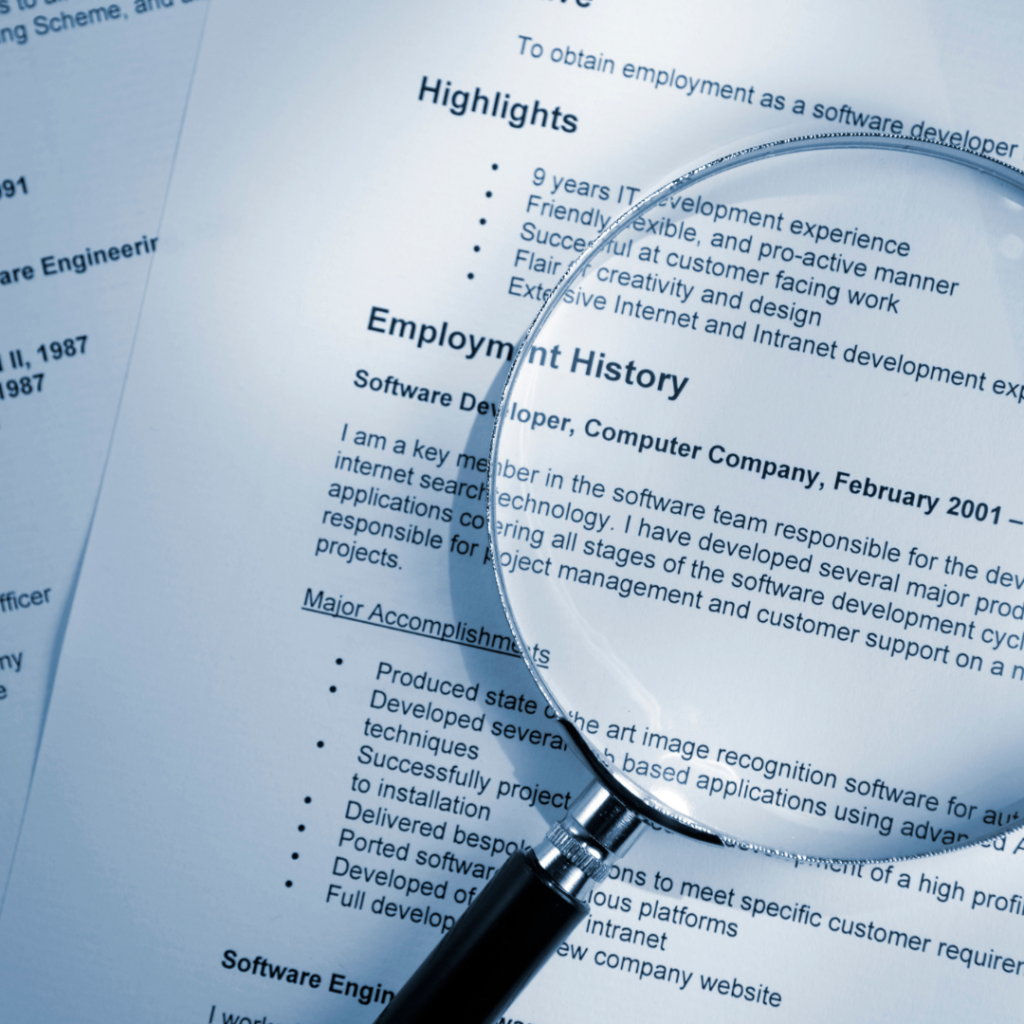The 2024 Recruitment Outlook: Tough Beginnings, Brighter Endings.
It’s the beginning of the new year, and we’ve left an eventful 2023 behind. For many of us, it’s been a year filled with ups and downs. Economic shifts, technological developments, and social changes have made it tricky for those who need to keep up with the quick shifts in the recruitment market.
As part of our annual tradition, Intelligent Employment kicks off the new year by taking a look into the crystal ball, predicting the future of recruitment in the field of sustainable technologies.
This time we looked to two of our own who provided their 2024 outlook: Simon Evans-Jones, Country Manager Finland & Director of Recruitment, and Malin Boquist, Sales and Customer Success Manager.
The Initial Struggle and Gradual Optimism
The year kicks off under the shadow of recent over-hiring, with companies scrutinising budgets while facing candidates holding onto sky-high expectations. A challenging first half awaits.
Simon particularly highlights the struggle companies are facing when trying to secure top talent:
“Companies should be aware that right now, and for the foreseeable future, it is incredibly difficult to secure top talent. If you have a need, you must be prepared to meet the candidate’s expectations and ensure your recruitment process and Employer Brand are second to none, or lose out.”
But both Simon and Malin are seeing a light at the end of the tunnel and in the second half of the year we anticipate a shift towards a more dynamic hiring environment. This change will be fueled by easing economic pressures, creating opportunities for both employers and job seekers to find common ground.
As a result of energy security, with the EU announcement to achieve 42.5% renewable energy by 2030 and the COP28 agreement to phase out fossils by 2050, we will see the industry begin to gather pace. Companies, specifically in Cleantech and Renewable Energy, should see more investment to allow them to grow once more.
The sense is that we are likely to see more movement in the candidate market once more, and some of the bottlenecks we are experiencing today will become easier. However, Malin states that those who want to jump on the recruitment train for H2 need to be prepared:
“I am seeing a brighter change in the second half of the year. But what’s important to remember is that if you are thinking about ramping up your recruitment efforts in the second half of the year, then actions have to be made before summer to stay ahead of the game.”
Blending Technology and Personal Insights in Recruitment
2024 marks a significant integration of digital tools in recruitment processes. There is an increasing trend in the uptake of ATS systems, where employers are becoming more aware of the importance of developing their own talent pools. AI tools such as smart candidate matching and automation for candidate communication are also predicted to become increasingly popular.
However, even though technology will play a big role in making the recruitment process more efficient—interview support, screening, interpreting psychometric assessments, and ability testing—both Simon and Malin acknowledge that these technologies serve best when complemented with human judgement and understanding. Simon explains:
“The industry will come to realise that managing the ATS, using the AI tools, and time to process will place too much of a burden on existing internal resources, and thus still need to hire Talent Acquisition, HR BPs, or procure external agency support. These tools are here to help, but they cannot replace!”
It is also important to consider that the ability to drive the process from start to completion is key to any successful recruitment process. Tech is here to guide us, but the real skill is in the human ability to understand motivations, empathise, manage, consult, provide solutions, and influence through each key recruitment milestone.
Redefining What Candidates Seek in Employment
There’s a noticeable evolution in candidate priorities, leaning towards roles that provide not just financial rewards but also stability, purpose, and growth opportunities. This is something that Malin believes will result in longer times for decision-making before candidates jump on a new opportunity, and something that will continue into 2024, particularly the first half but most probably throughout the year.
Simon agrees and believes that the candidate market will be strong and that candidates also have higher expectations of their employers.
“Salary is one factor, but the appetite for job security, learning and development opportunities, and remote/hybrid working continues to increase. This will create an odd mismatch with employers scrutinising budgets and wanting more office days, resulting in much harder-protracted negotiations and the flexibility required from both parties.”
For employers during this time, it’s crucial to respond by highlighting their commitment to these values and showcasing how they align with candidates’ long-term career and personal aspirations. Those that offer competitive remuneration (not the highest or lowest, but market value), as well as foster a strong employer brand, culture, and flexible environment, will be the big winners.
Standing Out in a Saturated Sustainability Market
With sustainability becoming a standard claim among companies, differentiation becomes key. It’s even more essential for organisations to communicate their unique culture, development opportunities, and genuine commitment to sustainability, going beyond superficial claims to attract discerning talent.

Demand for Adaptive and Entrepreneurial Talent
As the sectors rapidly evolve, the demand for individuals with an entrepreneurial mindset will skyrocket, according to Malin.
“Companies are on the lookout for people who are not just skilled but can create and seize opportunities, a quality that is critical in the fast-moving environment of these sectors. Companies should tailor their recruitment strategies to attract such dynamic individuals, emphasising opportunities for innovation and impact within their roles.”
Summary of 2024 expectations
In 2024, the sustainable technology recruitment market faces a challenging start, with many companies reassessing their workforce and focusing on budget efficiency after a period of over-hiring. Despite a cautious approach to salaries and a heightened emphasis on performance, there’s growing optimism for increased hiring in the latter half of the year, especially with the EU’s and Cop28’s focus on scaling up cleantech and renewable energy.
This creates an interesting dynamic where job seekers, with heightened expectations for job security, development opportunities, and flexible working arrangements, might find themselves in complex negotiations with employers.



